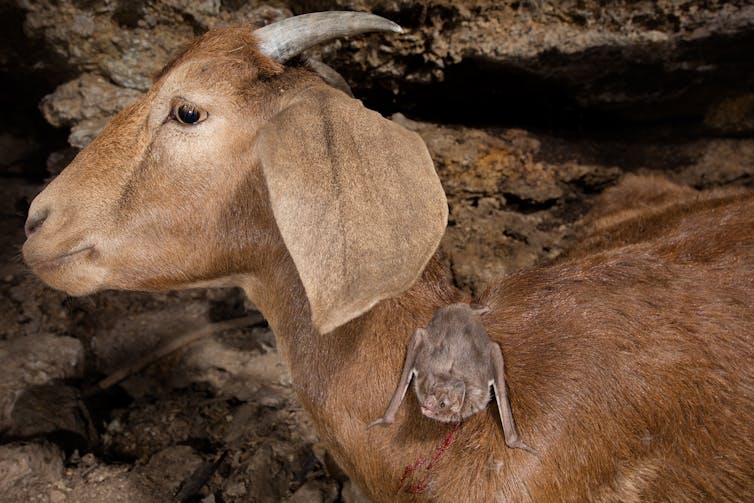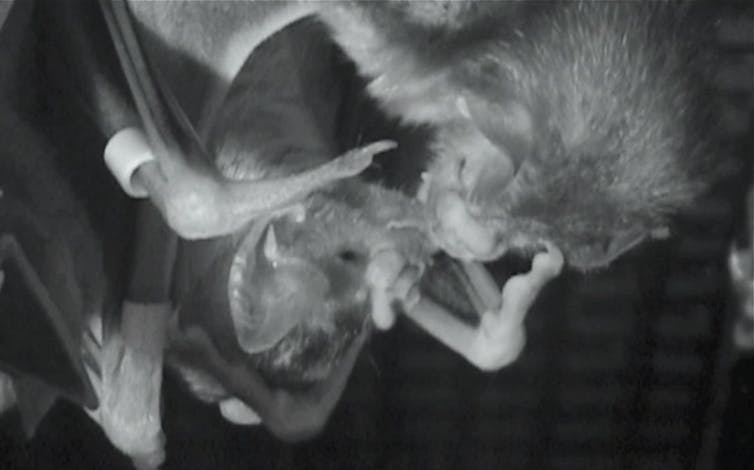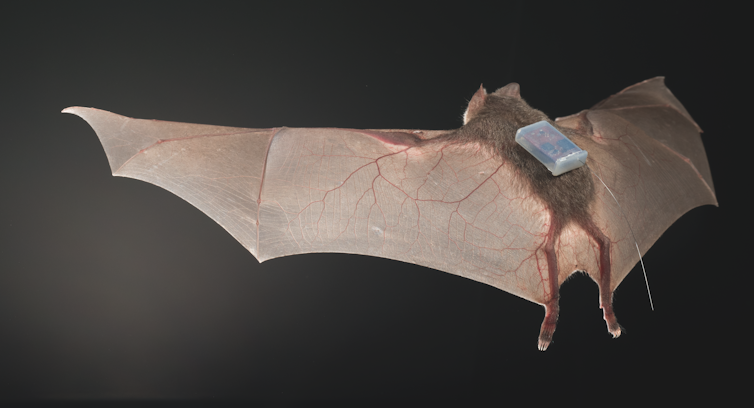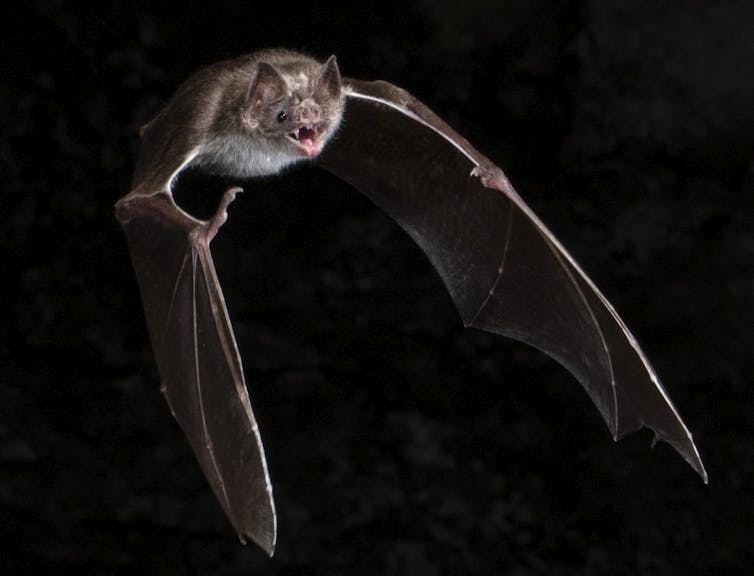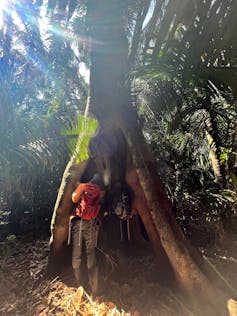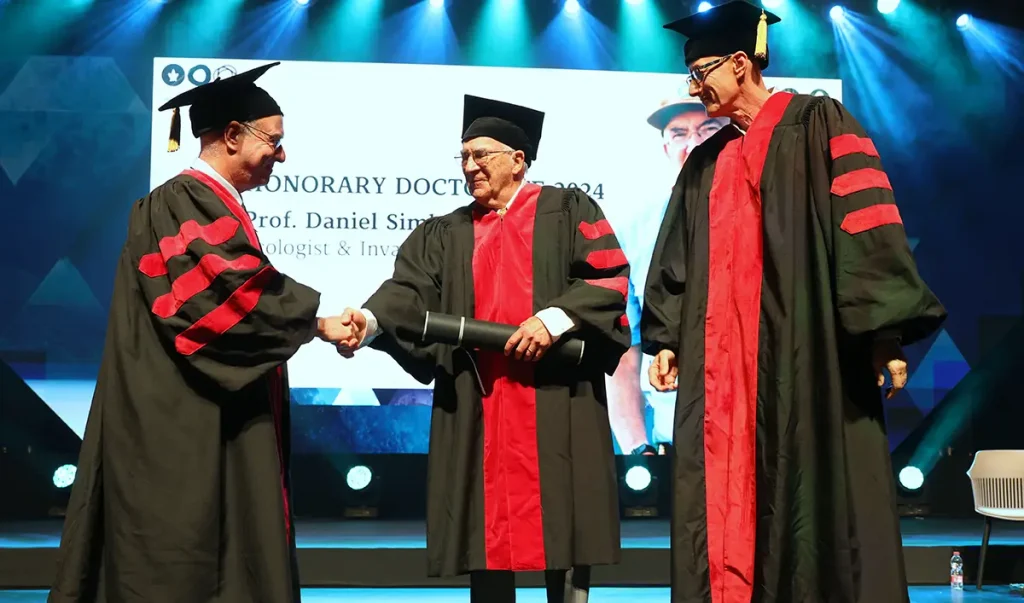Ijams Hails Bats – Lots of Bats – with New Habitat House
Under the direction of University of Tennessee professor emeritus Gary McCracken and Ijam’s conservation director, Ben Nanny, a bat house has been constructed near Meads Quarry that’s expected to attract a large colony of Mexican free-tailed bats that will prove to be a delight for Ijams visitors.

